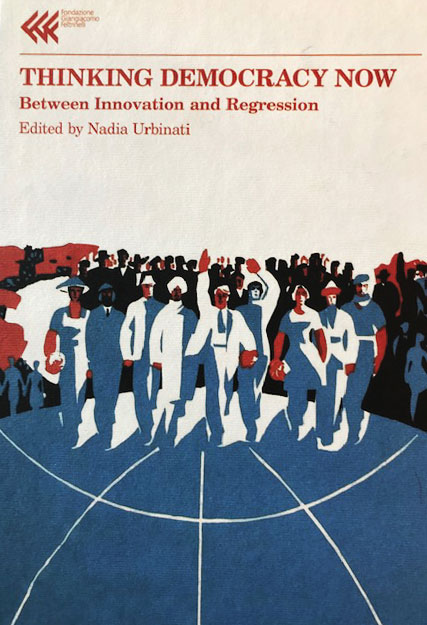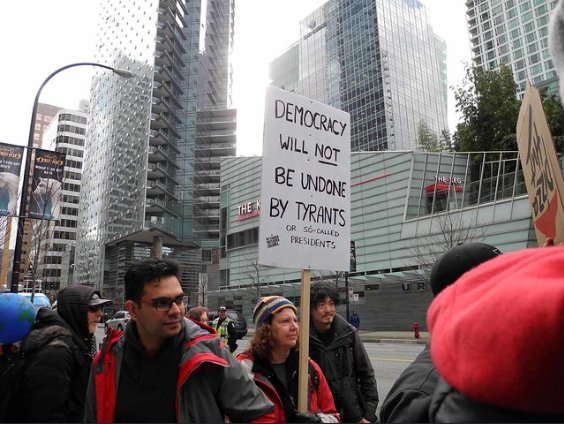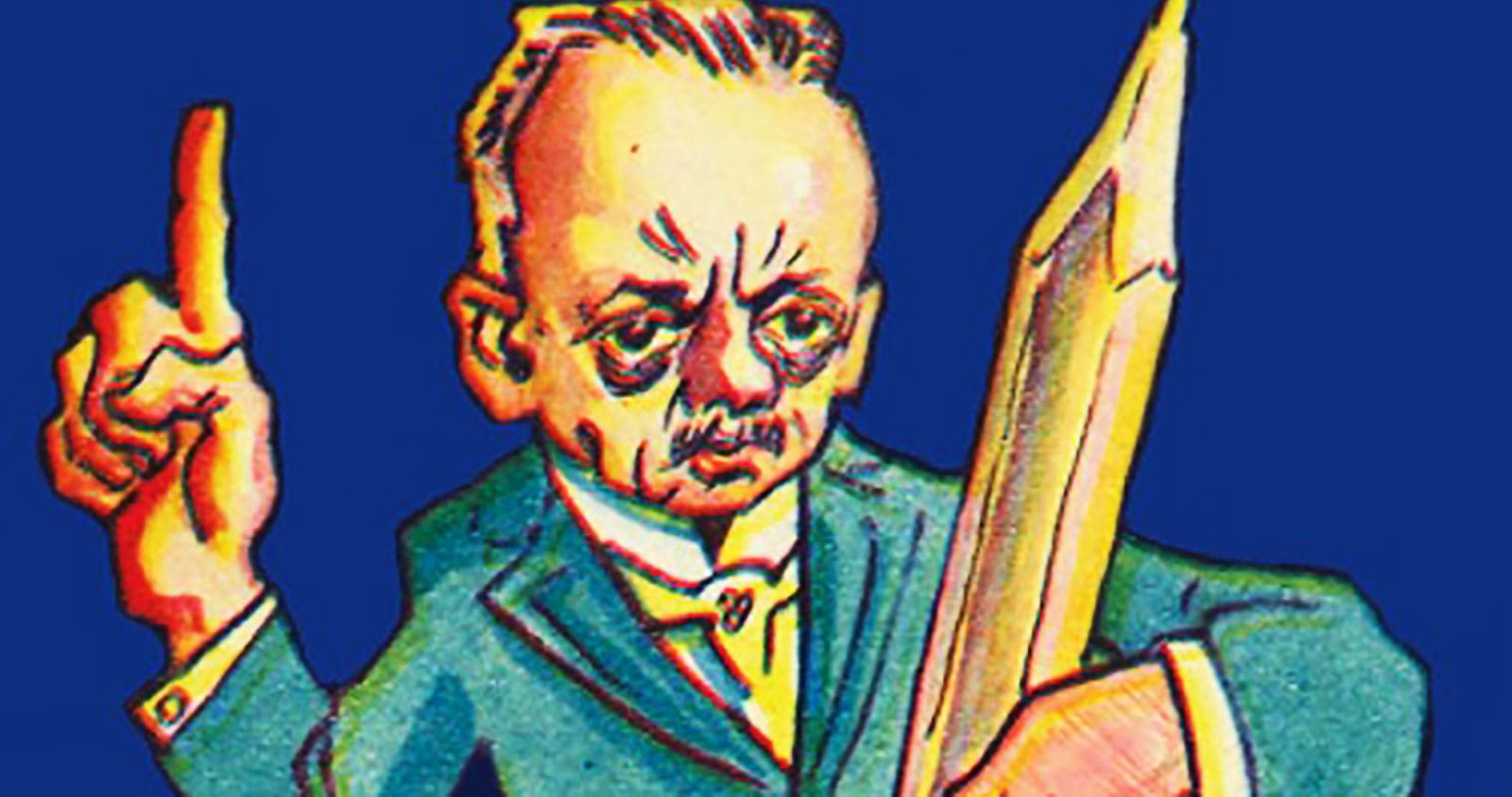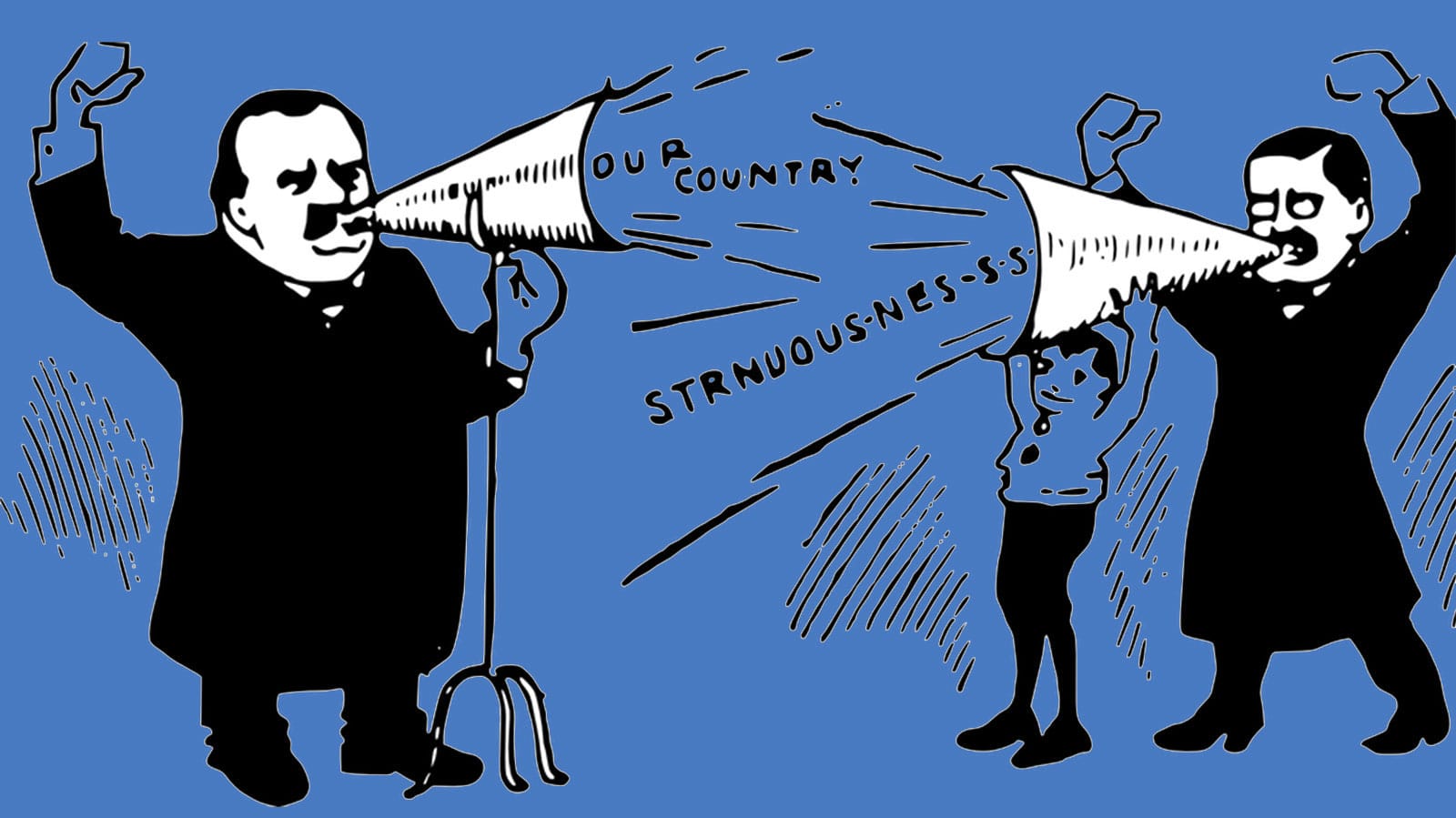Proponiamo un estratto del saggio Democracy and a Changing Public Sphere di Jan-Werner Müller, docente di Scienze Politiche alla Princeton University, dall’Annale Feltrinelli 2019 Thinking Democracy Now: Between Innovation and Regression.
Lo studioso tedesco affronta nel suo testo la relazione fra potere politico, media e sfera pubblica nell’epoca della “post-verità”, tra fake news e manipolazioni, sfiducia nelle istituzioni e nuovo protagonismo dei leader populisti. Il ruolo dei media assume i contorni di una minaccia alla democrazia in questo contesto, ma Müller ci ammonisce contro semplificazioni che assegnano la colpa dei problemi con cui ci dobbiamo confrontare intrinsecamente ai mezzi di comunicazione, soprattutto quelli digitali (strumenti privilegiati del “surveillance capitalism”). Dobbiamo, invece, focalizzarci sulle responsabilità delle architetture politiche e delle scelte dei policy-maker, in modo che la sfera pubblica possa tornare a essere il luogo in cui i cittadini, stimolati da un’informazione di qualità e diversificata (non certo quello che sta accadendo nei Paesi dell’Est Europa, come riporta Müller nell’estratto proposto), esprimono i loro giudizi in un processo dinamico per elaborare una migliore democrazia che deve rimanere “incertezza istituzionalizzata” e non degenerare in assolutismo.
What Populist Authoritarianism Does to the Public Sphere
The early decades of the twenty-first century have seen a largely unexpected “democratic recession:” the number of what Freedom House designates as “free countries” has been declining consistently, and the quality of democracy within a significant number of states has also been deteriorating. This trend is now often identified as the “global rise of populism.” This designation is plausible, as long as “populism” does not become a catch-all term for any criticisms of existing political systems (and governing elites) – for such criticisms may often well be justified. It is the case, of course, that populist parties when they are in opposition, criticize governments (and also other parties). Above all, though, they tend to claim that they, and only they, represent what populists often refer to as “the real people” or also “the silent majority.” This claim to a monopoly of representing the people is distinctly moral: populists hold that all other contenders for power are fundamentally illegitimate (because they are, in one way or another, corrupt); but they also insinuate, less obviously, that all those citizens who do not share their ultimately symbolic construction of the “real people” do not belong to the people at all, or might be outright traitors. Populists thus always engage in what one might call an exclusionary form of identity politics.
If one accepts this characterization of populism, it should be clear that populists somehow need to keep reinforcing their image of the “real people” and its real interest (which, in the eyes of the populists, generates something like an imperative mandate which only the populist party will faithfully execute). Put differently: populists always engage in something like culture war; if in doubt, they will reduce all political questions to questions of belonging: those who do not clap for the State of the Union-address of the US president are not subject to counter-criticism with arguments; they will simply be dismissed as “un-American.” It becomes supremely important, then, for populists to gain control of media (and education) – weapons of mass manipulation in any culture war. The playbook has been similar in countries like Hungary, Poland, and Turkey: the state media is rigorously subjected to partisan control (the Polish government argued that the media should be “national media” serving “the national interest” – as uniquely defined by the governing party, of course); meanwhile, powerful actors in the private media are sidelined, for instance by denying frequencies for radio stations, or by making them offers they cannot refuse. At the same time, basic rights, in general, are not officially curtailed: free speech remains nominally intact; small opposition papers (sometimes operating on the basis of a tacit agreement that they do not touch certain subjects) continue to operate; blogs and other expressions of dissent are not censored. The result is the effective disappearance of media pluralism, without that disappearance producing evidence that would remind observers of the conduct of twentieth-century dictatorships. Take Hungary as an example, not least because Viktor Orbán’s government has proven something like a pioneer in authoritarian-populist techniques of governance (with the Polish Law and Justice party as a particularly eager follower). TV and radio, with the exception of one German-owned entertainment channel, are firmly in the hands of governments loyalists; as is the main free newspaper, Lokál, alongside the major papers in the countryside. Advertising by the state has been concentrated almost entirely in government-friendly outlets. The main national opposition paper was sold to an Austrian businessman who closed it abruptly, allegedly for financial reasons. One oligarch, once a crucial Orbán ally, has been systematically deprived of his media empire (which was nationalist in orientation, but also increasingly critical of the Orbán government). By the end of 2018, dozens of different media companies were “donated” by their owners to a foundation tasked with “promoting activities that serve value creation and strengthen Hungarian national identity in the print, radio television and online media platforms that make up Hungarian mass communication.” According to Gábor Polyák, the foundation – comprising in the end around 500 media outlets and registered at the holiday home of a major Orbán’s ally – now controls about 16 per cent of all revenue in the Hungarian media market. On the basis of a special clause in competition law, the government declared the merger to be of “strategic national importance,” thereby pre-empting any action by the media authorities against such a concentration of power. But just to be on the safe side when it comes to representing and defending the “real people:” the government has also spent roughly 14 million Euros (of taxpayer money) on campaigns against the Hungarian-American hedge-fund-manager-cum philanthropist George Soros and against the European Union (of which Hungary is a member) in order to keep up a narrative of “the real people” needing to be protected from outside enemies.
Such take-overs of the public sphere in the name of “the people” have, again, little to do with technology as such; hence, it is comforting, but in the end wrong, to think that the spread of authoritarianism can somehow be attributed to the internet, and the rise of social media in particular. What is true is that there is by now a particular populist art of governance, which, to some extent, can be learnt and copied. It is also not entirely new: Napoleon III attacked journalists with the claim that he had been elected, while they represented nobody; the press, as he put it, was an “illegitimate rival of the public authorities.” And one of the emperor’s critics, Maurice Joly, put the following words into his mouth:
Since journalism is so great a force, do you know what my government will do? It will become like them. It will become journalism incarnate. Like the God Vishnu my press will have a hundred arms, and these arms will stretch out their hand to every shape of opinion. Everyone will be my party without knowing it. Those who think they speak their own language will be speaking mine, those who think they are marching under their own banner will be marching under mine. I will be able to say that I direct opinion at will on all questions of external and internal policy. I awaken people’s minds or lull them to sleep. I reassure them or confuse them. I plead for and against, the true and the false.
This would appear a rather accurate description of a populist regime with a veneer of pluralism. It also goes to show that populist regimes do not necessarily wish to dispense with intermediary powers entirely. To be sure, there is something to the argument that populists in principle tend to be hostile to intermediary institutions – not least because they consider political parties and professional journalists as always potentially distorting what they view as an authentic (and determinate) popular will. Hence, in some contexts populist leaders have thrived on the suggestion that one can simply “cut out the middlemen” (and middlewomen) and establish a direct relationship with the one genuine representative of the (real) people. Examples abound: Beppe Grillo suggested that la gente should talk to him directly via his blog and tell him what the real problems were; he would then merely be the “amplifier.” And one of Trump’s advisors infamously suggested that Americans should get their news “directly from the President.” This idea (or rather: illusion) of a direct, uncorrupted link between citizen and representative is enormously suggestive. At the risk of being pedantic, it has to be emphasized once more that this is not radically new, or uniquely enabled by the technological innovations of our era: at a party rally, an individual strongly identifying with a leader (whether charismatic or not) would have had a similar experience. What is new, obviously, is that such an experience was extraordinary; today, the direct (but one-way) connection is available day and night, and, though mobile, virtually everywhere. It has also become strangely ordinary on both sides: at least some populist leaders have created a theater of everyday life (think Matteo Salvini reporting on his eating pizza, pasta, etc. on Facebook) or suggesting authenticity through low-tech (Jair Bolsonaro filming himself with a cell phone giving a campaign speech in his back yard just before the presidential election in Brazil). What appears as spontaneity – showing it to you as it is – then comes to be associated with authenticity understood as sincerity, which then in turn suggests truthfulness, or even a distinct virtue of truth-telling. As Roger Stone observed about Donald Trump, “Trump is a truth-teller. He calls it as he sees it.”
The internet has not only enabled a stronger illusion of direct representation and “truth” through authenticity; it has also added to the repertoire of populist-authoritarian techniques. In particular, it has become easier to make dissent ineffective without having to engage in outright censorship or jailing of journalists. It is not speakers who have to be repressed; it is audiences who have to be minimized through distraction or radical re-interpretation of speakers’ messages. Observers of the Chinese regime have emphasized how opposition is not always necessarily stifled; instead, the internet is flooded with stories that re-direct attention elsewhere. In addition, there is more old-fashioned intimidation: “patriotic trolling” is part of the strategy of many regimes to silence critics. Such techniques are not confined to authoritarian regimes, of course: the internet and social media in general have made it possible to have “cheap speakers” who can use speech to silence or at least sideline other speech. As Tim Wu has put it, “the low costs of speaking have, paradoxically, made it easier to weaponize speech as a tool of speech control.” This danger will be further exacerbated if bots can be “trained” enough to become convincing propagandists (in particular, if they become conversational), or if “deep fakes” can be deployed easily to discredit speakers. We are still left with the question what might be lost when “directness” replaces traditional conceptions of intermediation. I’d like to put forward two normative concerns: first, mediation enabled (but did not guarantee) a certain degree of pluralism. “Intra-party democracy” and truly “fair and balanced” media might always have been more aspirations than reality. But it did matter that they were aspirations which prima facie legitimated the appearance of a range of voices (and opinions) even within institutions directly or indirectly viewed as dedicated to some form of partisanship (i.e. parties and a press with particular identifiable – in all likelihood well-known – political tendencies). Even partisan claims need to be presented as being oriented to some notion of the common good (which remains always contestable, of course). Second, there is a different temporality to traditional intermediary powers. They break issues down; and they draw things out. They follow certain protocols of how to arrive at shared partisan claims, and, in the case of reporting or even particular offerings of opinion, they observe “shared norms of inquiry.” So the possible costs of a weakening of intermediary powers are these: symbolic gestures come to trump slow and hard thinking (Max Weber’s strong and slow boring of hard boards) in questions of policy; and time pressure as well as less structured decision-making might result in less competent government.










